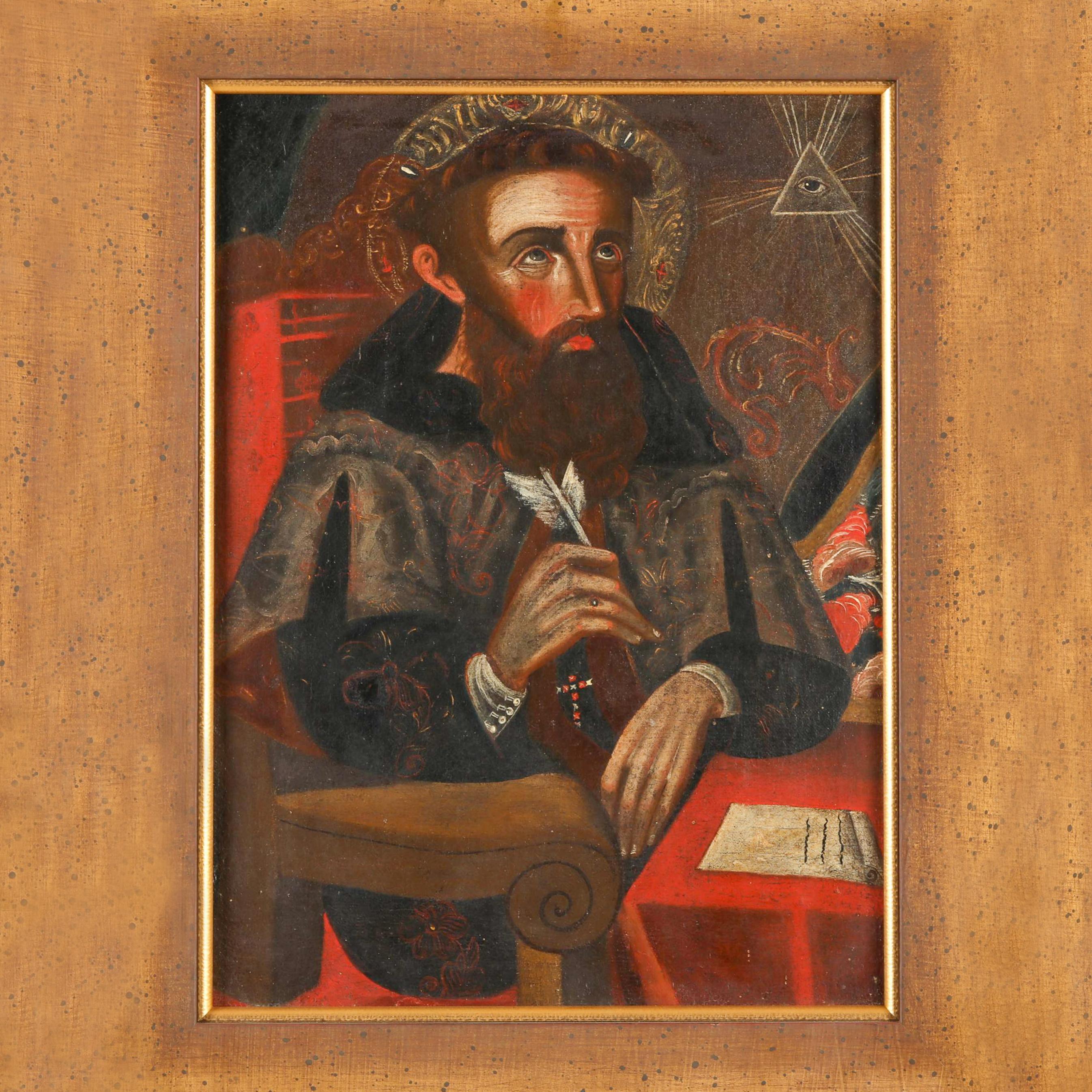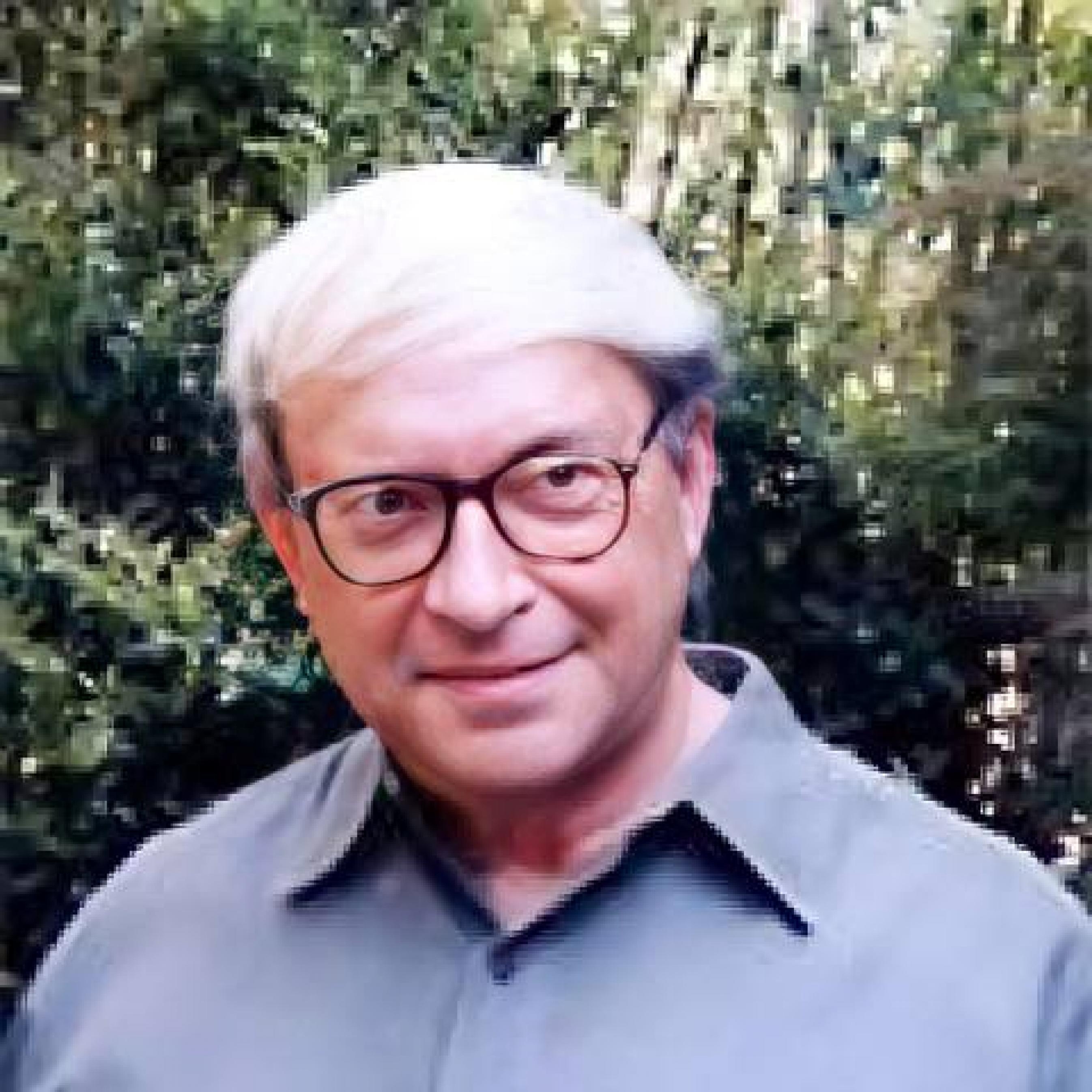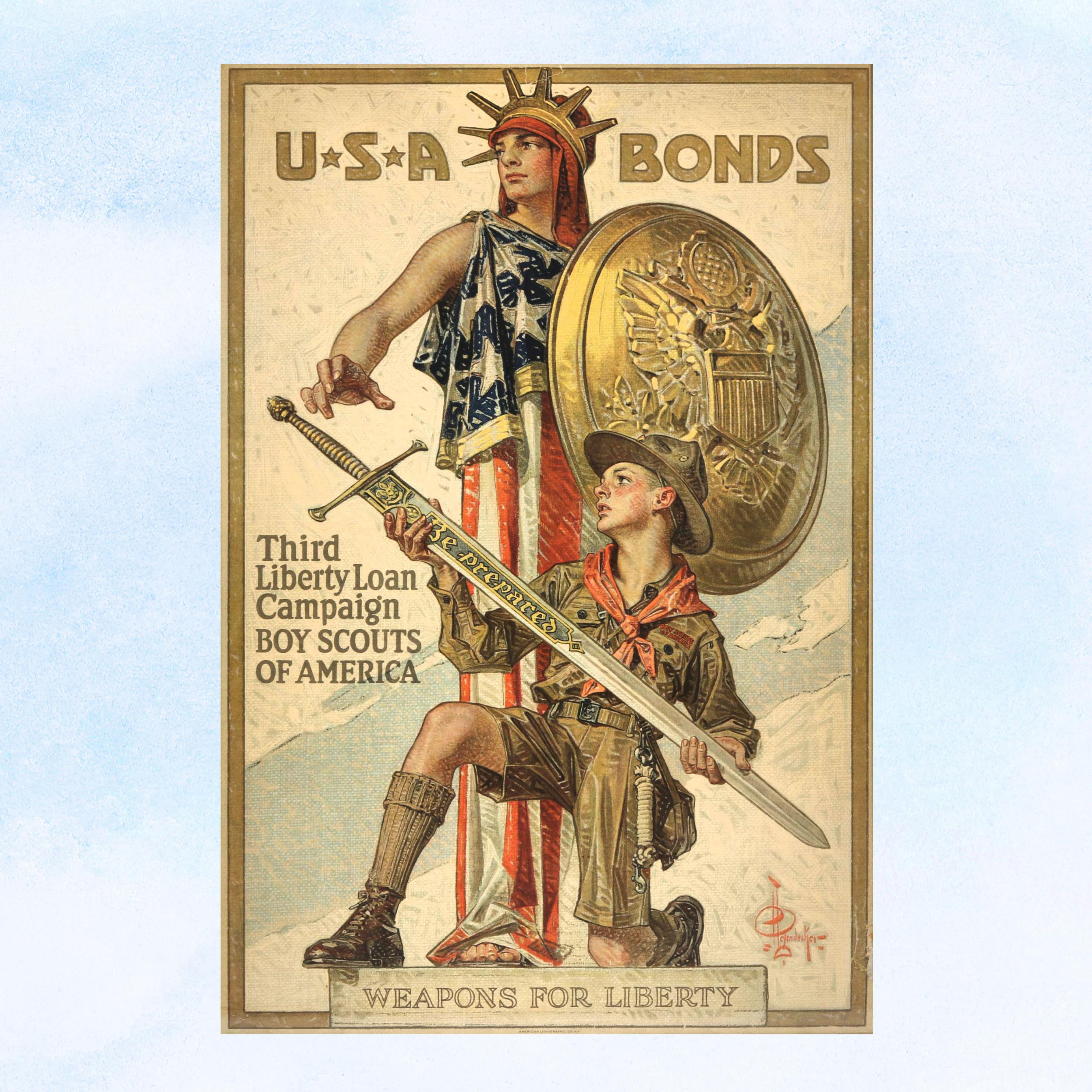
The Collector’s Eye: Dr. Keith Stanley
He surrounded himself with art and objects that resonated with his ever working academic mind, living amongst the tangible evidence of material culture that fueled his passion.
Throughout the course of his life, Dr. Keith Stanley amassed a culturally diverse collection of art. Anchored in his academic eye, this professor of Classical Studies at Duke University had a clear understanding of what and why he was collecting.

A Portrait of Dr. Keith Stanley, from Duke University
Deeply rooted in the study of Hellenistic culture, Dr. Stanley published The Shield of Homer, a masterful interpretation of The Iliad, arguing that it was not a poem of might, but rather a profound indictment of a warring heroic culture. Dr. Stanley inspired his students to seek deep levels of examination, reflection, and study. “He was a brilliant Hellenist,” stated his colleague Mary T. Boatwright.
Retirement at the age of 71 by no means slowed Dr. Stanley down. In fact it simply gave him time to be “released from official priorities, (and) delight in time and space for long-cherished interests” (Notes from Retirement, by Keith Stanley, July 2010). Dr. Stanley embraced this time, working on projects for museums, continuing his long standing interest in hand crafts, and pursuing his interest in the art of Joseph Christian Leyendecker.
Dr. Stanley’s fascination with JC Leyendecker began in 1974 by the chance find of a lithograph of one of Leyendecker’s best-known WWI posters. This poster urges viewers to buy USA bonds from Boy and Girl Scouts, the war bonds being the “weapons for liberty” needed to win the war. What drew Dr. Stanley to this lithograph, however, was its overt artistic and symbolic references to Hellenistic culture and the classical world.

Joseph Christian Leyendecker (American, 1874-1951), Vintage WWI Poster, USA Bonds
This chance find sparked a passion that drove Dr. Stanley to locate and examine numerous examples of Leyendecker’s work, demonstrating through his study and writings the ongoing influence of the classical world in Leyendecker’s art. These classical elements, Dr. Stanley argued, tended to play a complex role, serving less as decoration but rather as symbols essential to interpretation.
Framing his scholarly work and life in perspective to that of Hellenistic Greece, Dr. Stanley wrote, “I have no empire to build, my risks are minor, and I shall probably die in the conventional modern way, attached not to a heroic ideal but to a machine with knobs and dials and peeling enamel; but I do not fault the ideal, and had rather live in the shadow of an Achilles than that of the calculating opportunist, Odysseus, or bask in the limelight of the easy, the limited, and the repetitious.
See the world through Dr. Stanley’s eye and explore his personal collection being offered in our July Estate Auction, July 21st at 9am EDT.
Framing his scholarly work and life in perspective to that of Hellenistic Greece, Dr. Stanley wrote, “I have no empire to build, my risks are minor, and I shall probably die in the conventional modern way, attached not to a heroic ideal but to a machine with knobs and dials and peeling enamel; but I do not fault the ideal, and had rather live in the shadow of an Achilles than that of the calculating opportunist, Odysseus, or bask in the limelight of the easy, the limited, and the repetitious.
See the world through Dr. Stanley’s eye and explore his personal collection being offered in our July Estate Auction, July 21st at 9am EDT.

